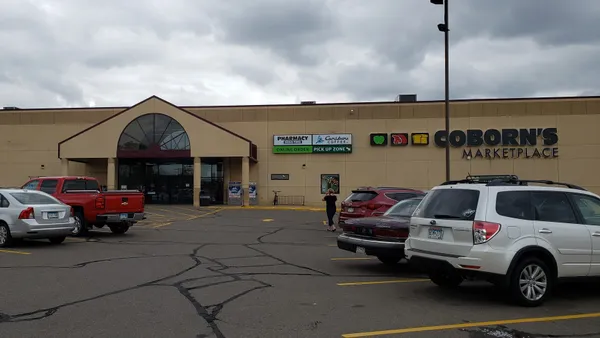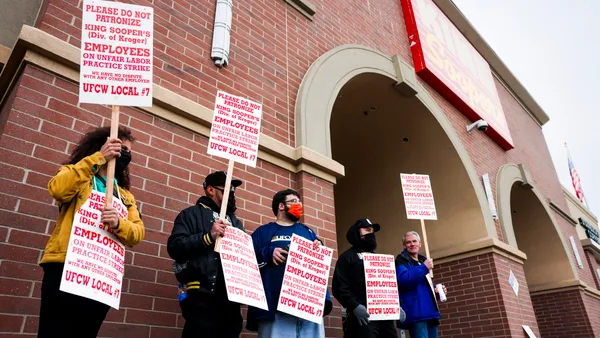A pending ruling from a Colorado state court over the legality of Kroger and Albertsons’ plan to merge might no longer be necessary, but the state’s attorney general still wants a judge to hold the two grocers responsible for allegedly working together illegally in other ways.
Speaking Wednesday during an online call with the media, Colorado Attorney General Phil Weiser said he is awaiting a decision from the judge handling the state’s lawsuit against the merger over his case that Albertsons illegally agreed not to hire workers for Kroger-owned King Soopers or solicit the banner’s pharmacy customers during a strike against the chain in 2022.
The attorney general made these accusations in the same lawsuit seeking to block the Kroger-Albertsons merger.
“It is the critical role of the marketplace to get workers the best jobs they can. Workers have a right to compete and to get their services to the highest bidder. These two companies entered an agreement that harmed workers, and they need to be held to account,” Weiser said. He also said he believes the non-solicitation agreement is “a violation of antitrust laws that harms consumers.”
Weiser added that a ruling by the Colorado judge in favor of the state over its claims that Kroger and Albertsons colluded would likely add momentum to a suit filed by United Food and Commercial Workers Local 7 in November that claims the alleged no-poach agreement harmed workers financially.
Weiser also said during the press conference — which took place before Kroger said that it had terminated the merger agreement — that the rulings against the merger in federal and Washington state courts on Tuesday were “highly suggestive” of how the Colorado judge overseeing the state’s suit would view the transaction, adding that the decisions were a “clear message [the grocers] need to compete” with each other.
While Albertsons said in court that it would have to close stores if the merger didn’t go through, Weiser said he expects the company to be a strong player in Colorado’s grocery market going forward. He also took aim at Albertsons’ controversial decision to distribute a $4 billion dividend to investors shortly after the two grocers announced their merger plans.
“Albertsons, before the ink was dry on the deal, gave out a multi-billion dollar dividend, and at the time, they said the stores and the company was in great health and they were profitable and they did not need to have the merger happen because of any financial concerns,” Weiser said.
He continued: “I brought this case to hold them to that because they claimed that that dividend could go ahead without prejudicing the viability of the companies and its stores,” the attorney general said. “So I expect there to be vigorous competition.”













